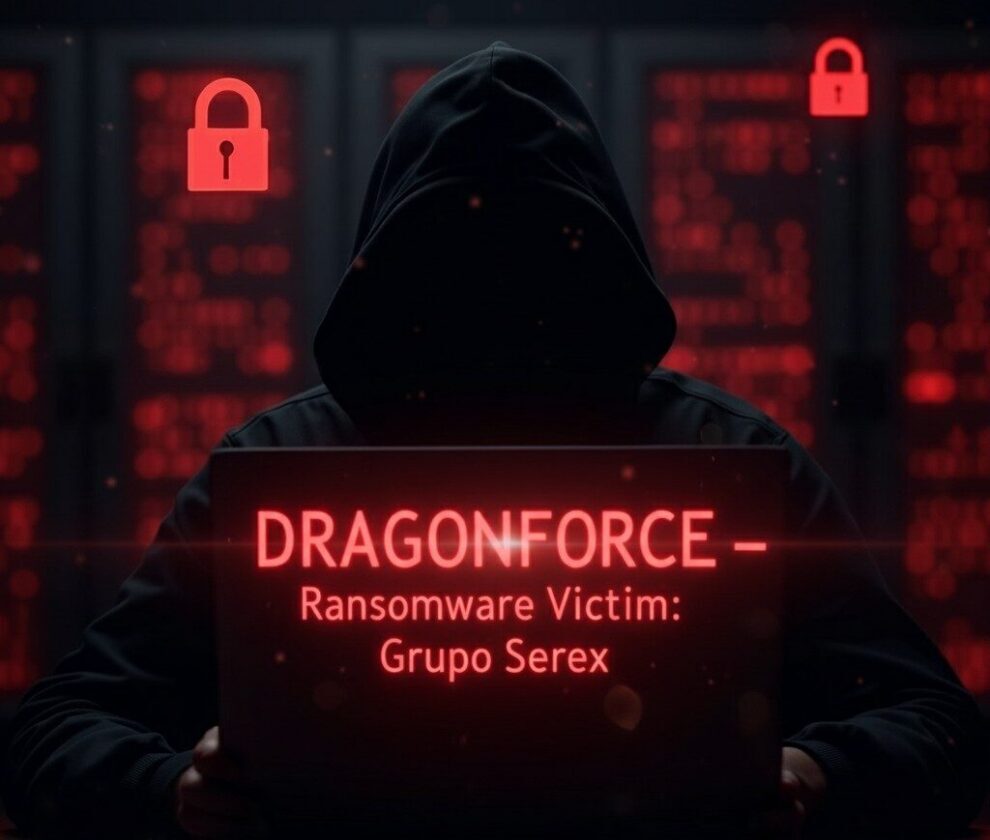The cybersecurity world is facing a powerful adversary known as the Qilin ransomware group. This malicious entity has recently launched a wave of cyberattacks against 54 organizations globally, creating panic across diverse industries such as healthcare, education, automotive manufacturing, and governmental bodies. With such a widespread impact, it’s critical to explore what these attacks mean for businesses and public institutions.
Understanding the Qilin Ransomware
The Qilin ransomware operates on a double-extortion model, making it exceptionally dangerous. Victims are not only locked out of their own data through encryption but also face a second threat: their sensitive data is stolen and threatened with public disclosure unless a ransom is paid. This dual tactic exacerbates vulnerabilities, leaving organizations paralyzed both operationally and reputationally.
Diverse Targets of Qilin Attacks
The striking element of Qilin’s attacks is their highly varied target range. Major global entities, such as Volkswagen Group France, educational institutions like the Massachusetts Bay Community College, and governmental bodies such as the Catawba County Government have all fallen victim. This suggests an aggressive, wide-net strategy by Qilin, aiming to exploit vulnerabilities across multiple sectors indiscriminately.
Impact on Public Governance
Attacks targeting local and regional governments pose severe risks, especially to essential services. For instance, the city of Riviera Beach in Florida faced significant setbacks when its operations were targeted. Such incidents highlight an urgent need for improved cybersecurity in public administration. Strengthening digital infrastructure and ensuring essential services have robust protection is no longer optional but a necessity.
Defensive Strategies for Businesses
In the face of such a sophisticated threat, businesses must adopt a multi-faceted, proactive approach to cybersecurity. Employee education plays a critical role in mitigating risks, alongside robust data backup systems and investing in advanced threat-detection solutions. Regular penetration testing and collaboration with cybersecurity consultants can further bolster resilience against these relentless attacks.
Emerging Trends in Cybersecurity
The Qilin ransomware attacks are part of a broader escalation in cyber risks globally. Organizations must brace themselves for increasingly complex threats, including those facilitated by artificial intelligence and machine learning. Leveraging the latest technologies in threat detection and adopting an adaptive cybersecurity framework can help stay ahead in the cyber arms race.
Conclusion and Next Steps
The recent surge in ransomware attacks perpetrated by the Qilin group underscores the urgency for collective action against cyber threats. Whether you’re part of a commercial enterprise or a public institution, vigilance, preparation, and investment in cybersecurity are no longer optional. At Lynx Intel, our experts specialize in creating tailored cybersecurity strategies to protect your organization from emerging threats. Don’t wait until it’s too late—secure your infrastructure today.


